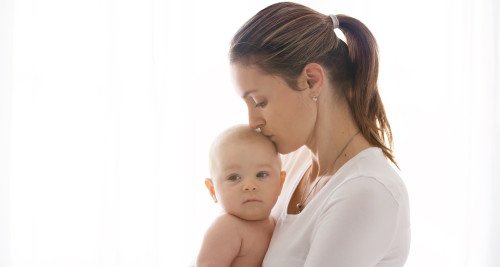

Pediatric examination / Sick visit, 30 minutes
A calm, playful atmosphere where children feel comfortable. Our goal is to make every visit a positive experience so that children leave with a healthy smile.
A child-friendly medical experience – where little patients feel safe
A calm, playful atmosphere where children feel comfortable, and parents can trust that their little ones are in expert hands. At our clinic, we provide comprehensive pediatric care in a welcoming and stress-free environment.
Our goal is to make every visit a positive experience so that children leave with a smile and look forward to coming back.
How can we help?
![]() Effective treatment of acute illnesses – such as earaches, rashes, coughs, or bedwetting
Effective treatment of acute illnesses – such as earaches, rashes, coughs, or bedwetting
![]() Diagnosis and management of chronic symptoms – recurring stomach pain, tics, headaches, and more
Diagnosis and management of chronic symptoms – recurring stomach pain, tics, headaches, and more
![]() Minor trauma care – professional treatment for small injuries, scrapes, and bruises
Minor trauma care – professional treatment for small injuries, scrapes, and bruises
![]() Vaccination planning and administration – mandatory, optional, and travel-related immunizations
Vaccination planning and administration – mandatory, optional, and travel-related immunizations
![]() Preventive health and parenting advice – personalized guidance for balanced growth and well-being
Preventive health and parenting advice – personalized guidance for balanced growth and well-being
![]() Gentle laboratory tests – blood, urine, and stool analysis using pain-minimizing techniques
Gentle laboratory tests – blood, urine, and stool analysis using pain-minimizing techniques
Why choose us?
![]() Child-centered approach – a friendly environment where kids feel safe and relaxed
Child-centered approach – a friendly environment where kids feel safe and relaxed
![]() Expertise and care – experienced pediatricians who treat children with patience and attention
Expertise and care – experienced pediatricians who treat children with patience and attention
![]() Personalized care – every child is unique, so we tailor our services to their specific needs
Personalized care – every child is unique, so we tailor our services to their specific needs
Book an appointment today and experience truly child-friendly medical care!
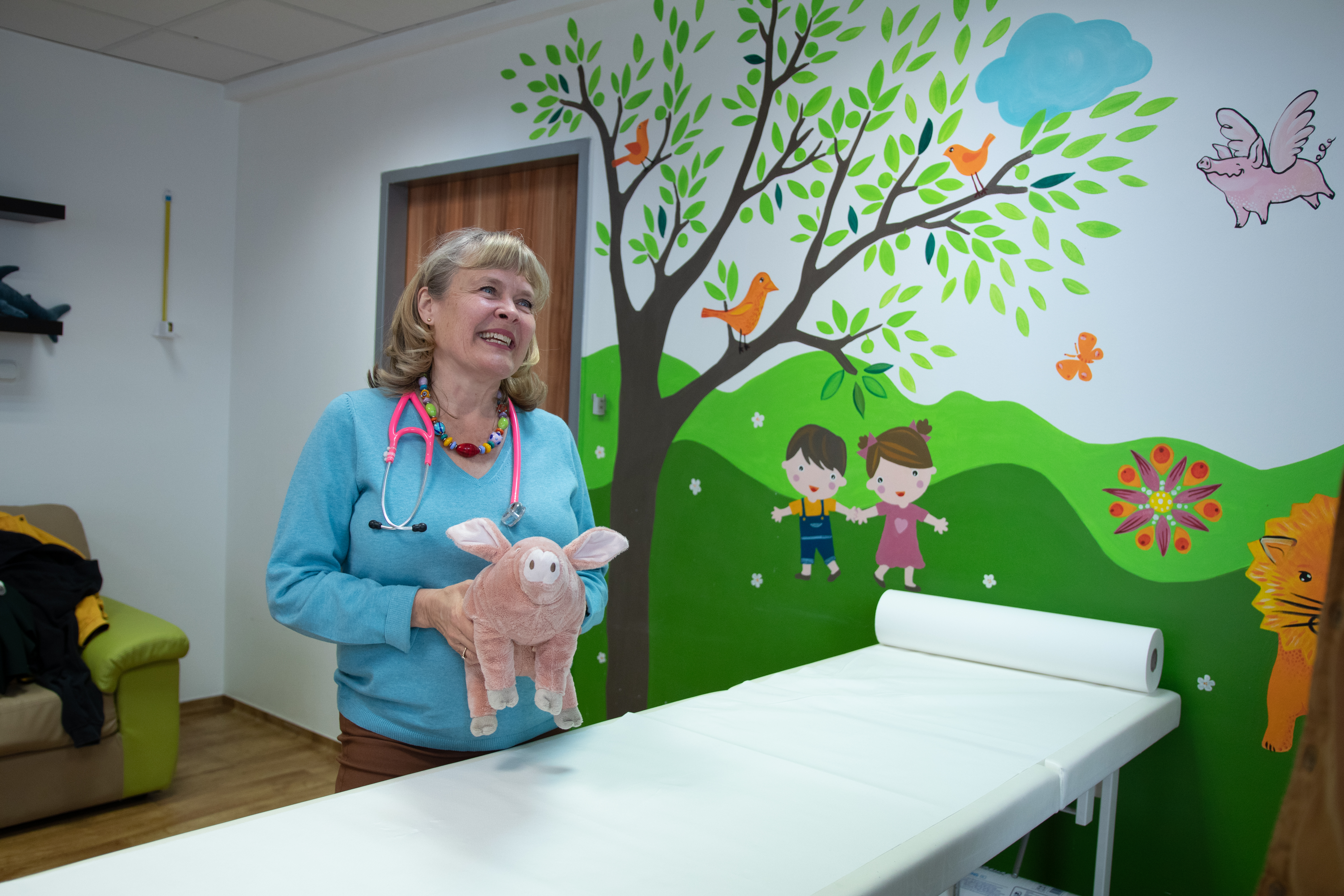
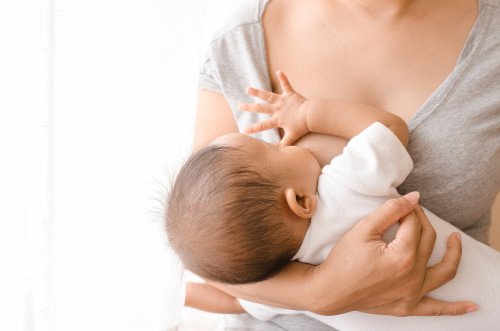
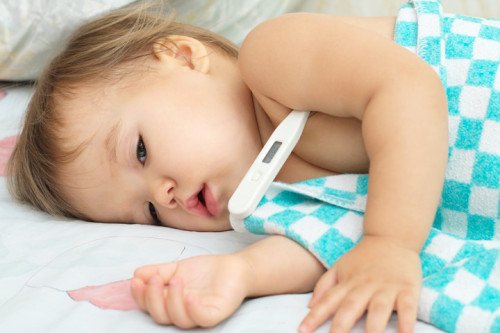
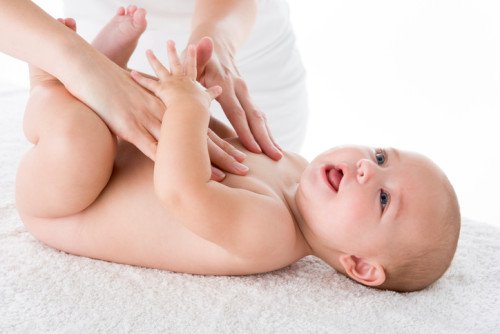

 Log in with GoodID
Log in with GoodID